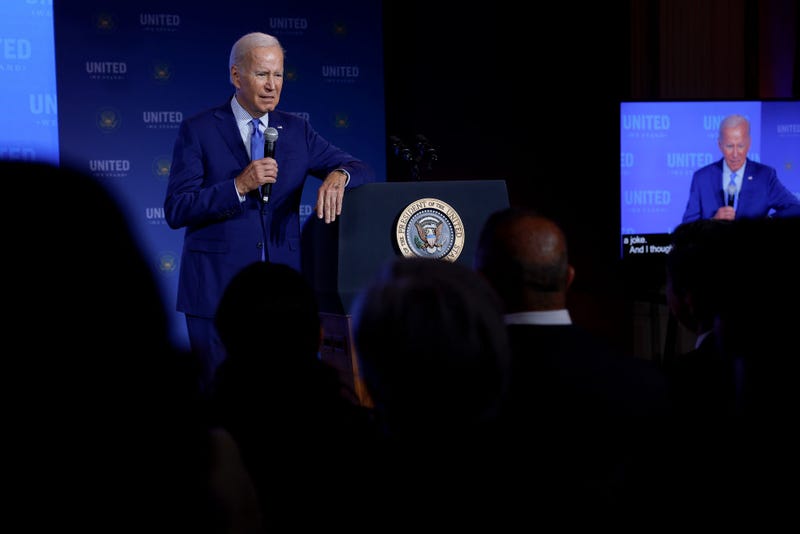
“Pass my budget to increase funding to protect nonprofits and houses of worship from hate-fueled violence,” said President Joe Biden Thursday during the United We Stand summit against hate crimes. “And hold social media platforms accountable for spreading hate and fueled violence.”
According to a fact sheet about the event, “technology companies, including YouTube, Twitch, Microsoft, and Meta are announcing new actions their platforms are taking to prevent hate-fueled violence.”
Meta is the parent company of Facebook and Instagram, two popular social media platforms.
Study results released this April by the government found that “individuals in the United States who have engaged in violent and non-violent hate crime and other forms of extremist crime were influenced by social media.” This small study group was made up of 52 participants, including 21 Islamic extremists, 29 right-wing extremists and two people associated with far-left groups.
In particular, the study found that 17.2% of extremists said they relied on Facebook, higher than any other social media platform. Facebook was more commonly used by far-right extremists (13.4%) than Islamic extremists (3.8%), per the study results. Twitter, another social media not owned by Meta, was slightly more popular among Islamic extremists.
Twitter’s hateful conduct policy prohibits posts that have “violence against or directly attack or threaten other people on the basis of race, ethnicity, national origin, caste, sexual orientation, gender, gender identity, religious affiliation, age, disability, or serious disease.”
In the past, the company has banned users, including former President Donald Trump. It also has a misinformation policy.
Meta released a “Human Rights Report” this July, covering data from 2020 and 2021. In the report, Meta said that hate speech is against its community guidelines, along with bullying, violent content, human exploitation, human trafficking and misinformation.
“We are working to increase our ability to identify the illicit actors, networks, organizations, and businesses that perpetrate these activities and disrupt them accordingly,” said Meta.
Efforts to curb hate speech and social media-linked hate crimes include dedicated teams working in those areas and expanded policies, according to the company.
“As outlined in our Community Standards Reporting, between October 2019 and August 2020, we conducted 14 strategic network disruptions to remove 23 different organizations designated under our [Dangerous Individuals and Organizations] Policy,” Meta revealed.
The same month the report was released, a shooter identified as 21-year-old Robert Crimo III killed multiple people at an Independence Day parade in Chicago suburb Highland Park. His online presence included violent messages that have been taken down.
In the wake of that incident and other recent mass shootings in the U.S., Biden said that “everyone has a role to play in this story,” regarding hate crimes and violence in the nation.
Along with social media-related actions, the new White House initiative against hate crimes includes training for identifying hate speech, community partnerships and more.


